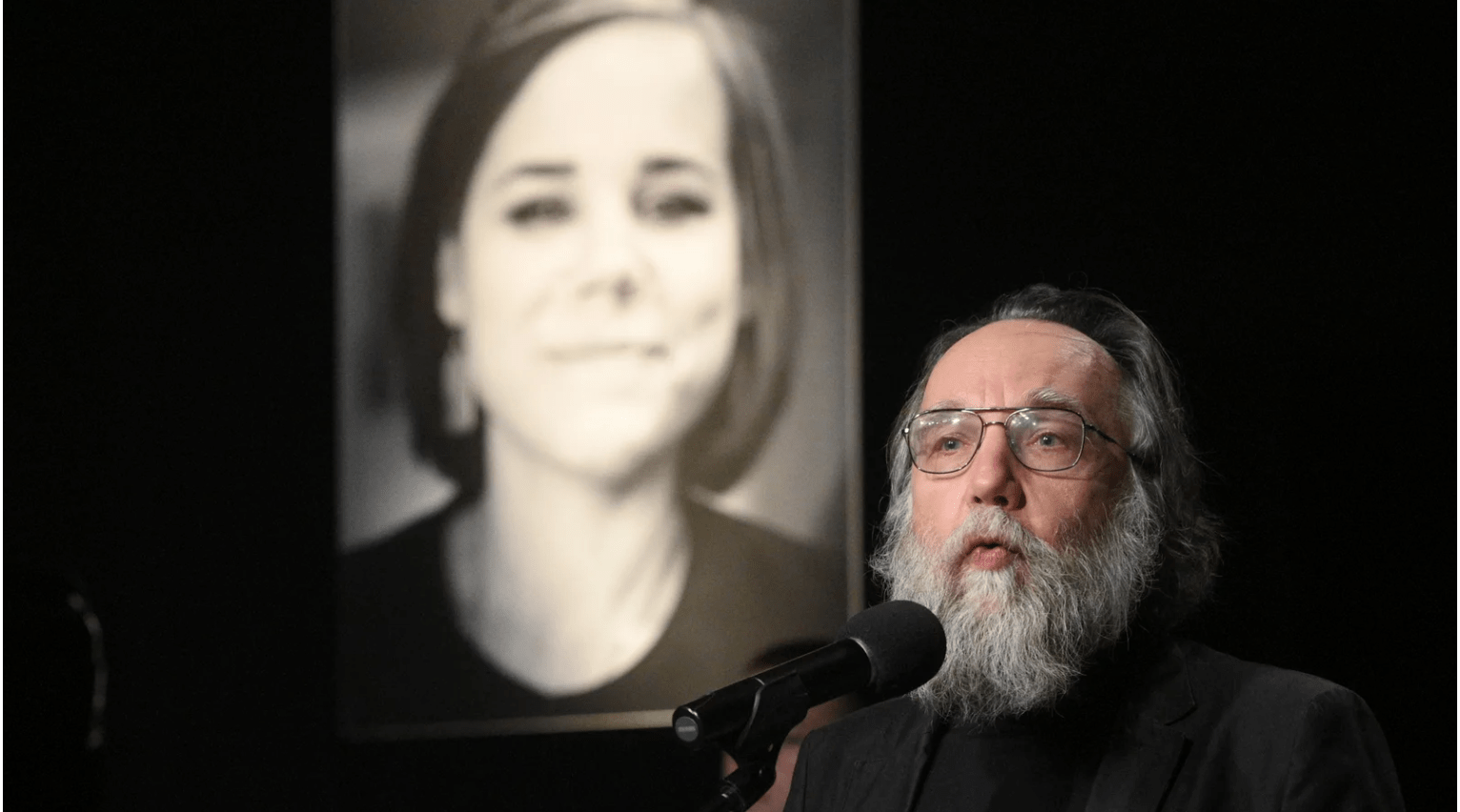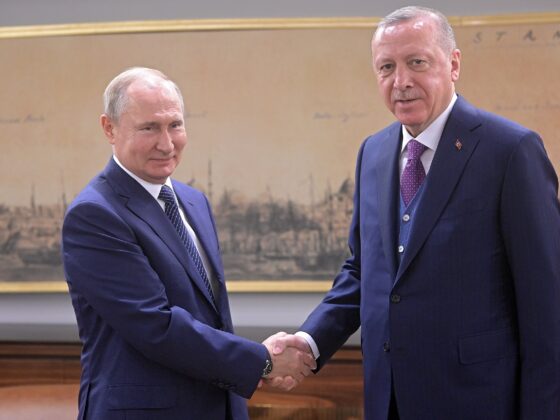(NPR) Earlier this week in Russia, there was a televised funeral for Daria Dugina, just days after she was killed in a car bombing in Moscow.
Dugina was a Russian propagandist who supported her country’s invasion of Ukraine, both on TV and online. Her death made global headlines, both for its violence and because of the political prominence of her father, Alexander Dugin.
It also signaled that Moscow’s elite may not be safe in their own city, said Marlene Laruelle, the director of the Institute for European, Russian, and Eurasian Studies at George Washington University.
“The war is progressively coming to them in the Russian territory,” she said.
“The message the killing is sending, even if we cannot interpret exactly who did that and who the actual target was, is that if you can have a terrorist act in Moscow, in the middle of the war, it means elites are suddenly not feeling secure anymore.”
Laruelle joined All Things Considered to discuss Alexander Dugin’s rise and waning influence, how he spread his ideology across the world, and what Daria Dugina’s death may mean politically.
Listen © NPR











